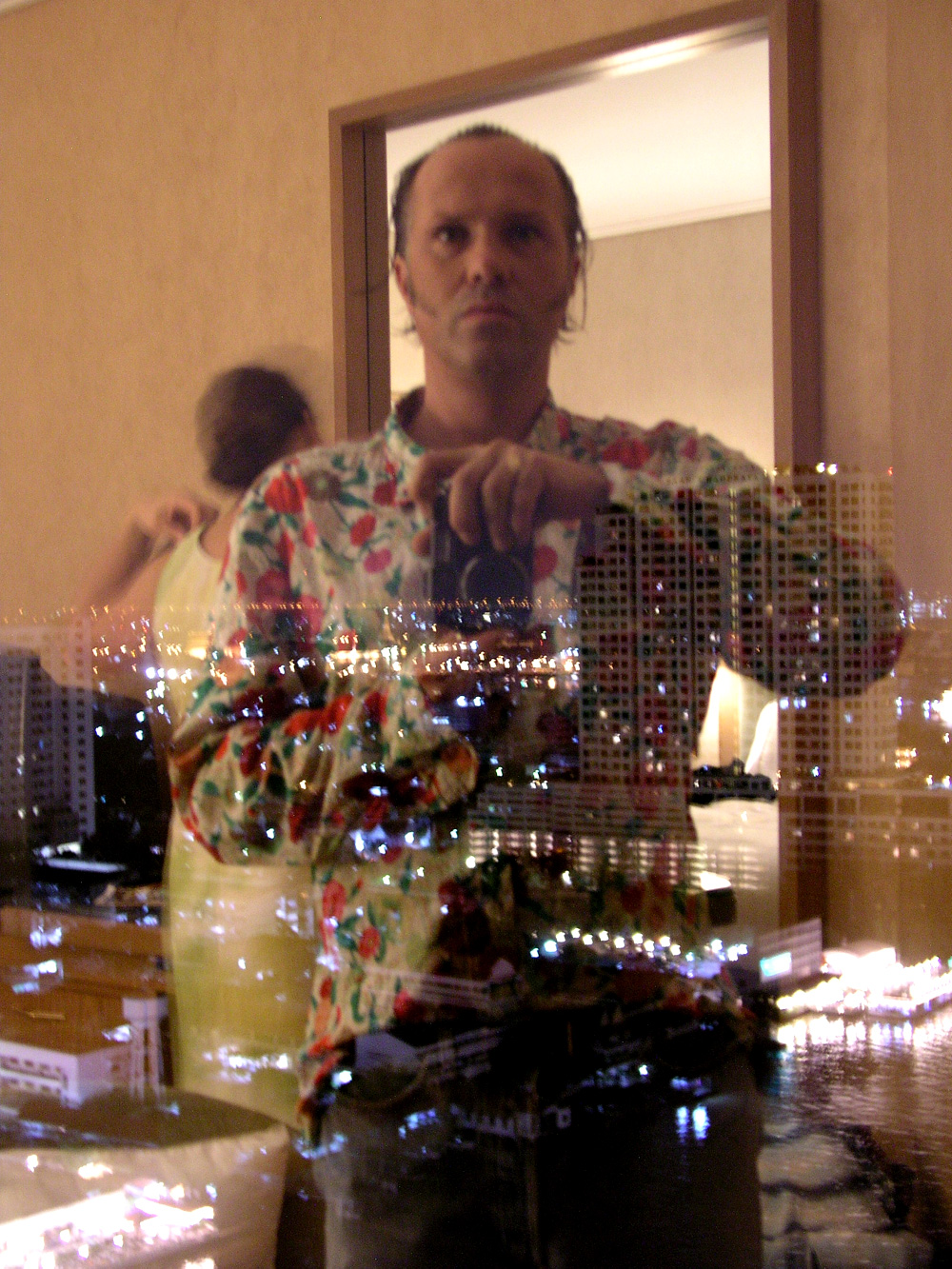Pacific Affairs. 33 (4): 347-360. Doi:10.2307/2753394
 To identify themselves, Sarit’s forces wore white arm bands as a sign of purity. Sarit’s strict stance against communism further reinforced the US belief that only the Thai military could contain the communist threat. In his book, Daniel Fineman states that Phibun, and later Sarit, aligned their foreign policies with US anti-communist foreign policy, so as to receive financial and military aid. Following these developments, Phibun immediately fled the country and Phao was deported to Europe. Thus began Sarit’s rule. According to many Western academics, the Cold War largely propped up Sarit’s regime. Sukhothai Kingdom and devaraja (god-king) and sakdina (dignity marks) from the Ayutthaya Kingdom are essential in understanding modern Thai politics.
To identify themselves, Sarit’s forces wore white arm bands as a sign of purity. Sarit’s strict stance against communism further reinforced the US belief that only the Thai military could contain the communist threat. In his book, Daniel Fineman states that Phibun, and later Sarit, aligned their foreign policies with US anti-communist foreign policy, so as to receive financial and military aid. Following these developments, Phibun immediately fled the country and Phao was deported to Europe. Thus began Sarit’s rule. According to many Western academics, the Cold War largely propped up Sarit’s regime. Sukhothai Kingdom and devaraja (god-king) and sakdina (dignity marks) from the Ayutthaya Kingdom are essential in understanding modern Thai politics.
According to Thak, the Sarit regime had two main reasons for reinvigorating the monarchy. First, the monarchy legitimized not only his regime, but its policies as well. Sarit’s plan to stage a coup against Phibun was supported by the monarchy as evidenced by a letter written by the king. Second, the monarch contributed to regime’s paternalistic programs. The letter expressed the king’s confidence in Sarit and urged Sarit to do his duty to the government.
36. 16 December, B.E. Chaloemtiarana, Thak (2007). Thailand: The politics of despotic paternalism (Revised ed.). 3039. 18 July, B.E. Royal Gazette, Vol. 76 No. 53, p. 1400. 19 May, B.E. Text is available under the Creative Commons Attribution-ShareAlike License 3.0; additional terms may apply. Royal Gazette, Vol. 68 No. 74, p. Wikipedia® is a registered trademark of the Wikimedia Foundation, Inc., a non-profit organization. This page was last edited on 30 December 2022, at 06:53 (UTC). Ithaca: Cornell Southeast Asia Program Publications. Royal Gazette, Vol. 69 No. 72, p. Royal Gazette, Vol. 67 No. 39, p. By using this site, you agree to the Terms of Use and Privacy Policy. 5646. 11 December, B.E. 4647. 9 December, B.E.
It prompted a mass exodus of people from the northeast to Bangkok (over at this website), which led to social problems. The Minister of Agriculture, Field Marshal Phin Choonhavan, said that northeasterner’s migration to the city and their consumption of frogs and lizards was normal and that there was nothing to worry about. The government seemed to regard this diaspora as natural and said that it could neutralize peasant discontent. At Hua Lamphong railway station in Bangkok (bangkok.thaibounty.com), there were so many refugees arriving daily that students and monks had to set up emergency help stations.
On 10 August, the Deputy Minister of Agriculture, Phin, was sent by helicopter to survey the Isan region where he found nothing amiss. A second survey, also done by air, was published and again indicated that there was no crisis in Isan as all the land was in acceptable condition. Before the government could recover from its inept management of the Isan crisis, its integrity was once again questioned. In a final attempt to resolve the issue, the Phibun government allocated 53 million baht, which was to be divided equally among the 53 Isan representatives.
First, he wanted to illustrate to the people that he did not intend to gain from the opium trade, unlike his predecessor Phao. Second, he wanted to please the Western powers who believed that the drug was used by communists to undermine the morals and economy of democratic countries. 2502 or ” M17″ was the legal basis for Sarit to order executions. Consequently, 43,445 opium pipes were destroyed, and the Committee to Combat Addictive Drugs, headed by Sarit, was created. Article 17 of the Interim Constitution of Thailand, B.E. Last, he saw the eradication of opium as part of his mission to uplift the country morally.


